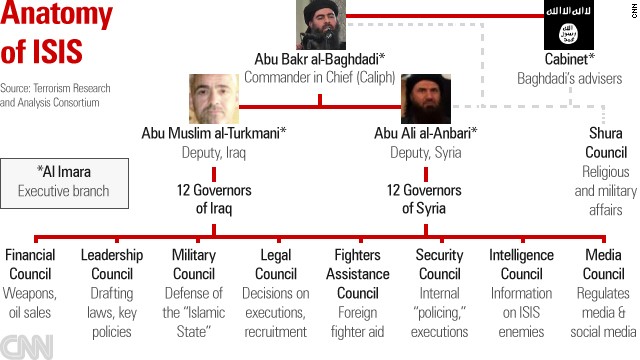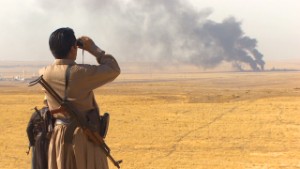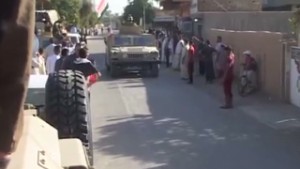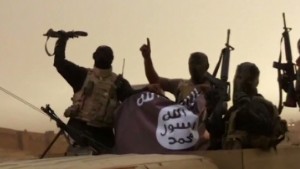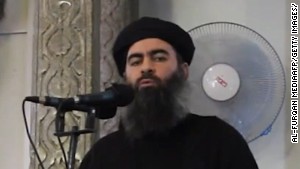Advantage China: Putin’s Dangerous Crimea Precedent
Putin’s intervention in Crimea re-opens the door to territorial China’s claims on Russia

Takeaways
- Russia mistakenly believes that it has an ally in China as it seizes Crimea.
- Nobody benefits more from Putin's move in Crimea -- and has bigger sanctioning potential on Russia -- than China.
- Russia's actions in Crimea might even increase tension in East Asia, in particular across the Taiwan Strait.
- In the 19th century, China was forced to cede the Far East and parts of Siberia to Russia.
- In Crimea, Russia has set a dangerous precedent for the Chinese that they may exploit one day.
- Russia's Far East is increasingly full of China's citizens, much like ex-Soviet Russians in Crimea.
Putin is miscalculating badly. As to negative fallout from his Crimea move, all eyes are on the West and what it will do in terms of sanctions, including exclusion from the G8.
Meanwhile, Russia believes that it has an ally in China, even as China openly backs away at the U.N. Security Council over the issue. In fact, nobody benefits more from Putin’s move in Crimea — and has bigger sanctioning potential on Russia — than China.
In a few short weeks, Putin’s propaganda has managed to whip up a nationalist fever and irredentist fervor in Russia. He has raised the hopes among low-income Russian speakers in Crimea for a better life. Putin’s propaganda and his real-world moves have successfully instilled fear on all sides.
Even if the West makes the annexation of Crimea too costly for the Russian economy and Putin’s super-rich friends, it will be difficult for Russia to tame the forces it has already unleashed.
Acting impetuously and rashly, the Kremlin has opened up a can of worms. It antagonized Western Europe and the United States, who are angered by the spectacle of a great power revising European borders by force – for the first time since 1945.
Russian bullying
Meanwhile, Central European nations have been unnerved. They anticipate instability in Ukraine, which could draw Russia even deeper and force it to occupy more of Ukraine’s regions than it is currently prepared to do. They envision refugees spilling into their territory and resistance fighters seeking sanctuary within their borders.
Russia’s immediate neighbors have reason to fear, too – including its closest allies. What if Russia decides to use its military to implement a two-state union with Belarus, which now exists mostly on paper? Or if it decides to come to the “assistance” of Russian speakers in Northern Kazakhstan?
As far as Ukraine itself is concerned, though, Putin’s moves have backfired badly. Russia’s military meddling in Crimea and rabid anti-Ukrainian propaganda have now turned a majority of that country’s 40 million people – including many in Eastern Ukraine – against its larger neighbor. A majority of Ukrainians now want to join NATO – something which was not true only a month ago.
Russia’s actions in Crimea might even increase tension in East Asia, in particular across the Taiwan Strait. The government in Taipei will now be mindful of the precedent set by Russia in Crimea and eye China with far greater suspicion.
Chinese restraint
Not that China is ever likely to follow Russia’s misguided example. By comparison to Russia, China is a restrained and patient international player. It is quite hesitant to create another reason to quarrel with the United States or scare other countries in the region. The latter have already been unsettled enough by China’s rapid rise to the superpower status.
A quarter of a century ago, Beijing refrained from using force to take over Hong Kong and Macao – which it very easily could have done. Instead, it painstakingly negotiated the terms of transition and has by and large stuck to them, carefully preserving Hong Kong’s special status.
In the case of Taiwan, too, China is likely to continue to wait and wait, knowing that history and economics are on its side.
Given the extent to which Taiwanese companies have deployed their own capital and centers of operations onto the mainland, in objective terms, the merger might as well have already happened. All that remains to be arranged are the legal and political niceties.
Don’t forget China’s claims on Russia
However, there is one more territorial claim, which China currently keeps on the back burner. It is against – who else? – Mother Russia herself. During the age of European colonial expansion, the Celestial Empire (China) was effectively dominated by the European powers. However, it was never carved up the way other countries and continents were.
With one exception: In the 19th century, China was forced to cede the Far East and parts of Siberia to Russia. During the 1960s and early 1970s, there were border tensions and even a number of armed clashes between China and the Soviet Union.
Small parts of Russian territory were then quietly ceded to China — and more recently, the two agreed to accept the current borders — but China believes much larger chunks of what is now Russia rightfully belong to Russia.
As if to settle these broader claims by osmosis, Chinese settlers have been steadily moving into Russia’s remote, economically depressed and underpopulated regions.
Stupid Russia, patient China
By asserting its historic sovereignty over Crimea, Russia has set a dangerous precedent for the Chinese as they look wistfully over their northern border. Those vast empty spaces of Russia’s Far East, full of all kinds of natural resources, are what China’s booming economy craves. And now its citizens live there too, much like ex-Soviet Russians residing in Crimea.
Russia not so long ago agreed to preserve and defend Ukraine’s existing borders. Breaking that agreement in a moment of opportunity creates a precedent for other countries with alternative border preferences, including China, to follow suit if the relevant opportunities arise.
True, Beijing will bide its time and will not do anything precipitous or unlawful. But when the time comes, it will not hesitate to re-assert its claims – and Russia will have no one to blame but Putin for providing a convenient excuse for a land grab, in the form of a powerful precedent in Crimea.
See our ten-point strategy note based on this essay.
